Insurance And Hurricanes: What You Need To Know
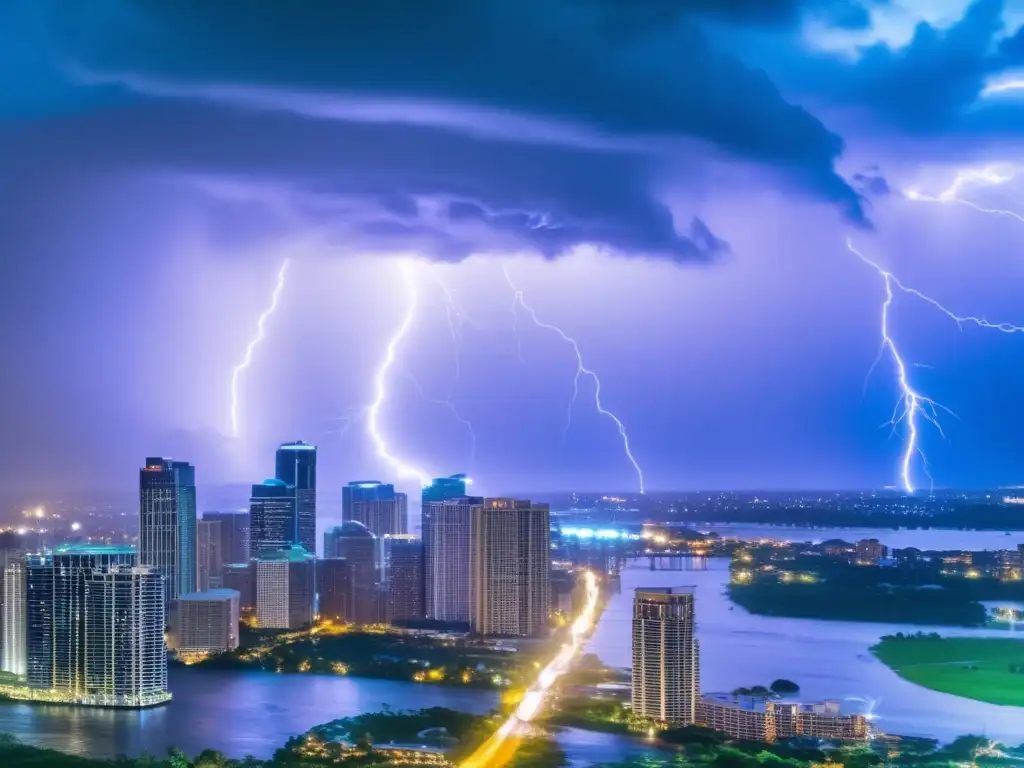
Insurance and Hurricanes: What You Need to Know
Introduction
When a hurricane strikes, it can cause devastating damage to property and leave individuals and families in financial distress. This is where insurance comes in handy. With the right insurance coverage, impacted individuals can receive compensation for their loss or damage. However, it is crucial to know what your insurance policy covers and what it doesn't, as well as the steps you should take before and after a hurricane hits.
Types of Insurance Coverage
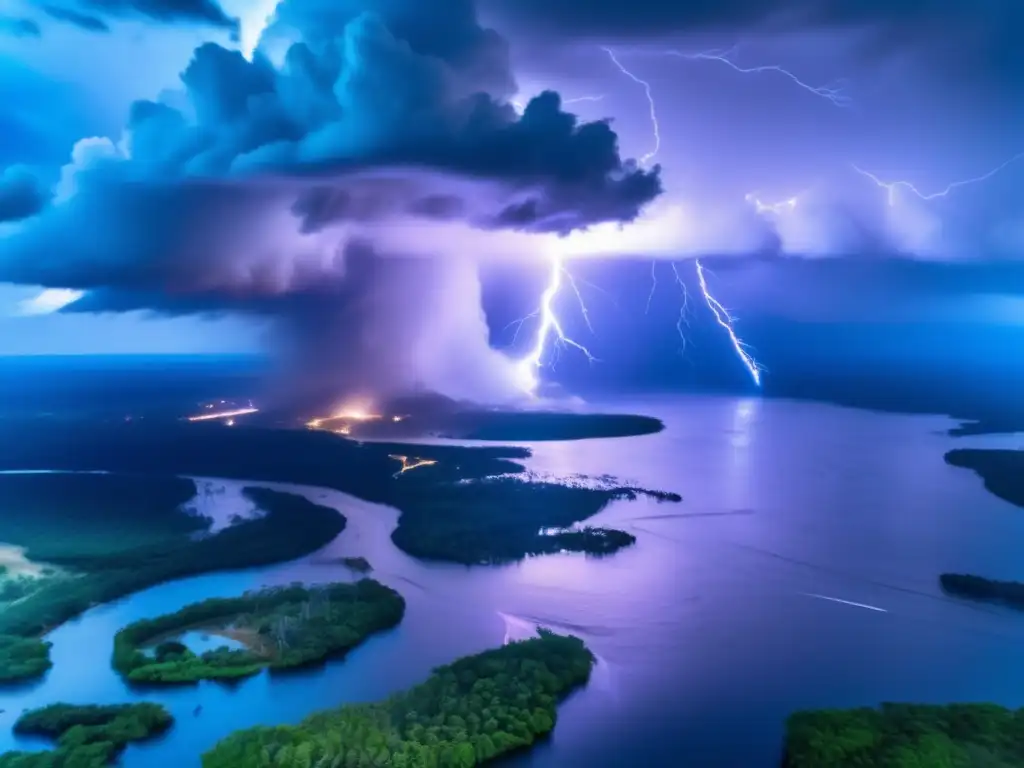
Homeowners Insurance
Homeowners insurance is designed to cover the costs of repairing or rebuilding your home in the event of damage from a natural disaster, including hurricanes. Typically, homeowners insurance covers damages from wind, rain, fallen trees, and other hazards related to a hurricane. However, flood damage is usually not covered under homeowner's policies, and you might require a separate endorsement or flood insurance policy specifically to cover flood damage.
Windstorm Insurance
Windstorm insurance is a specialized type of insurance coverage that protects you against damage caused by high winds, such as those that occur during a hurricane. This coverage typically pays for damage to your home, personal property, and other structures, such as fences and sheds, caused by wind, rain, and flying debris. Some homeowners' insurance policies include windstorm coverage, but if they don't, you may need to buy separate windstorm insurance coverage.
Flood Insurance
Flood insurance covers damage caused by flooding, including storm surge flooding that often occurs during a hurricane. Flood insurance is not included in most standard homeowners' policies and must be purchased separately.
Business Interruption Insurance
If you own a business that was affected by a hurricane, Business Interruption Insurance could cover the loss of income you incur due to the unfortunate event. This coverage can help make up for lost time and profits so business owners can get back on their feet.
Policy Coverage and Limits

Understand Your Policy Coverage
It's important to carefully read and understand your policy coverage before a hurricane strikes. Your policy will specify what is covered, what is not covered, and any deductibles that you may be responsible for. Make sure to speak with your insurance agent or company to clarify any doubts you might have about your policy.
Policy Limits
Many insurance policies have limits on how much they will pay out for damages, and these limits can vary depending on the type of damage, the location, and the value of the property. It is essential to review your policy limits to ensure you have adequate coverage and to avoid any unexpected financial impact.
Steps to Take Before a Hurricane Hits
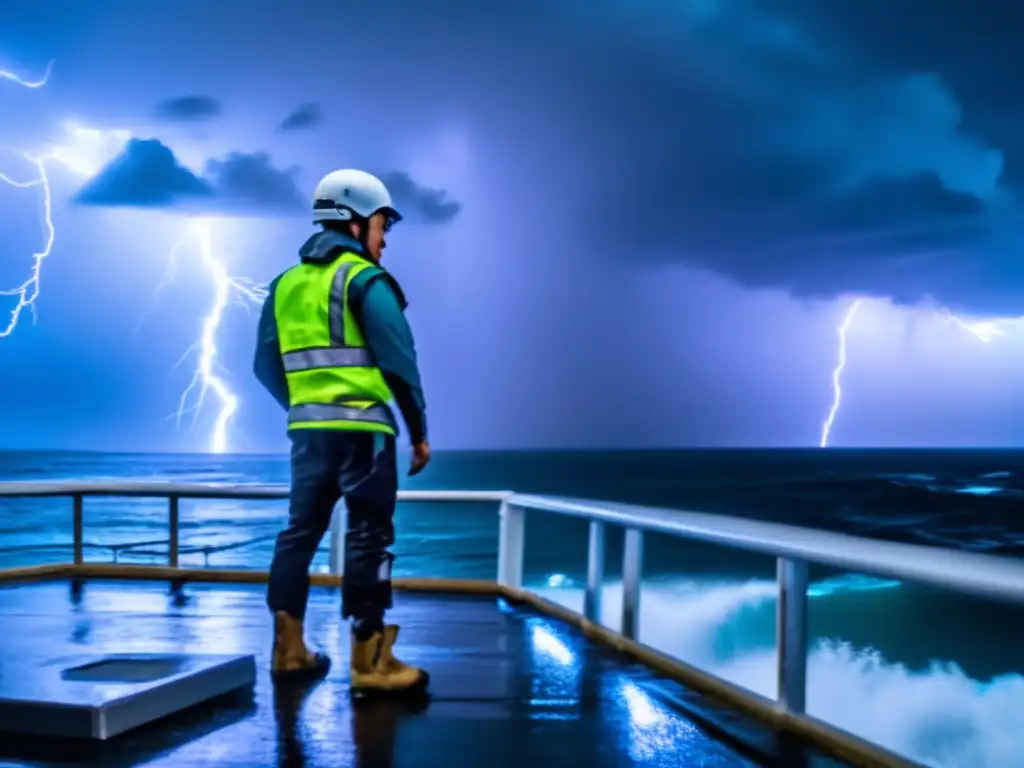
Document Your Property
Before a hurricane hits, take photos or videos of your home and possessions, documenting everything you own, and store these in a safe place. Having this documentation can help you prove your losses to your insurance company if a claim needs to be made.
Review Your Insurance Policy
Review your insurance policy to ensure it covers wind and flood damage. If it does not, consider purchasing additional coverage through an endorsement, or by buying a separate wind or flood insurance policy.
Prepare an Emergency Kit
Prepare an emergency kit containing essential items such as medication, important documents, basic supplies, and enough food and water for at least three days.
Check Your Roof
Check your roof for any damages or loose shingles before a hurricane hits. Hire a professional if necessary to make any repairs.
Steps to Take After a Hurricane Hits
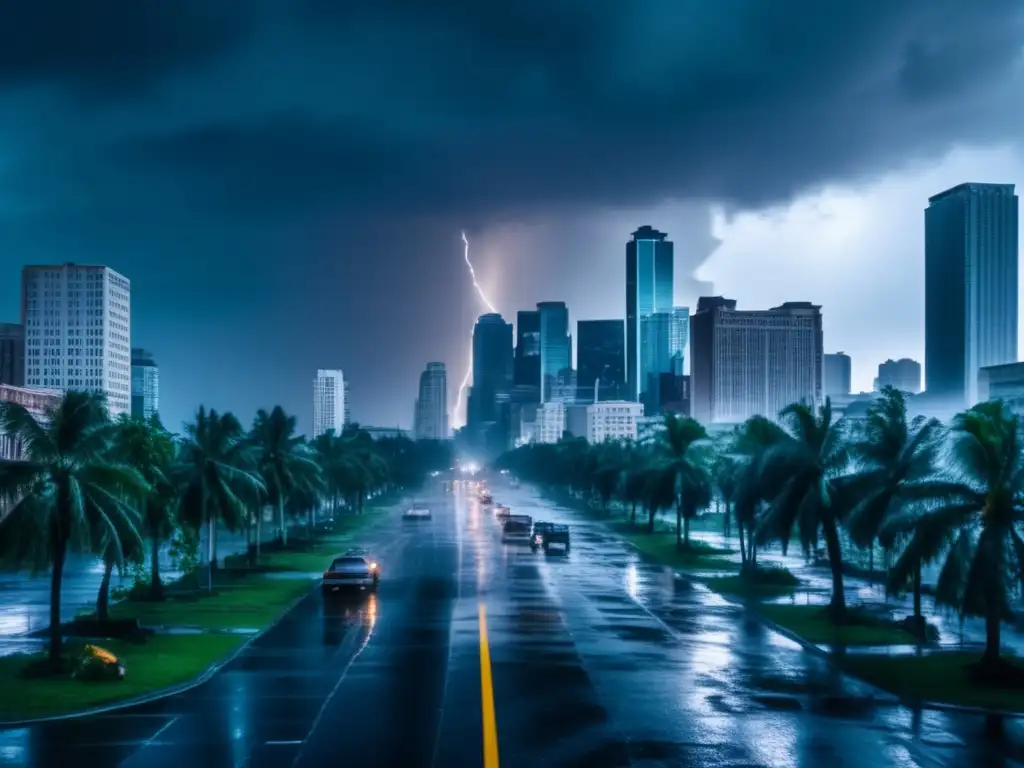
Document Your Losses
After a hurricane hits, document any damage to your property by taking photos and videos. Make a list of all the damaged items in your home and note their value.
Contact Your Insurance Company
Contact your insurance company as soon as possible to file a claim. Be prepared to provide any documentation they request, including photos and videos of your property, as well as estimates of the value of the damage.
Take Preventive Measures
If you're able to, take preventive measures to reduce the risk of further damage. For example, tarp any holes in your roof or board up broken windows.
Frequently Asked Questions
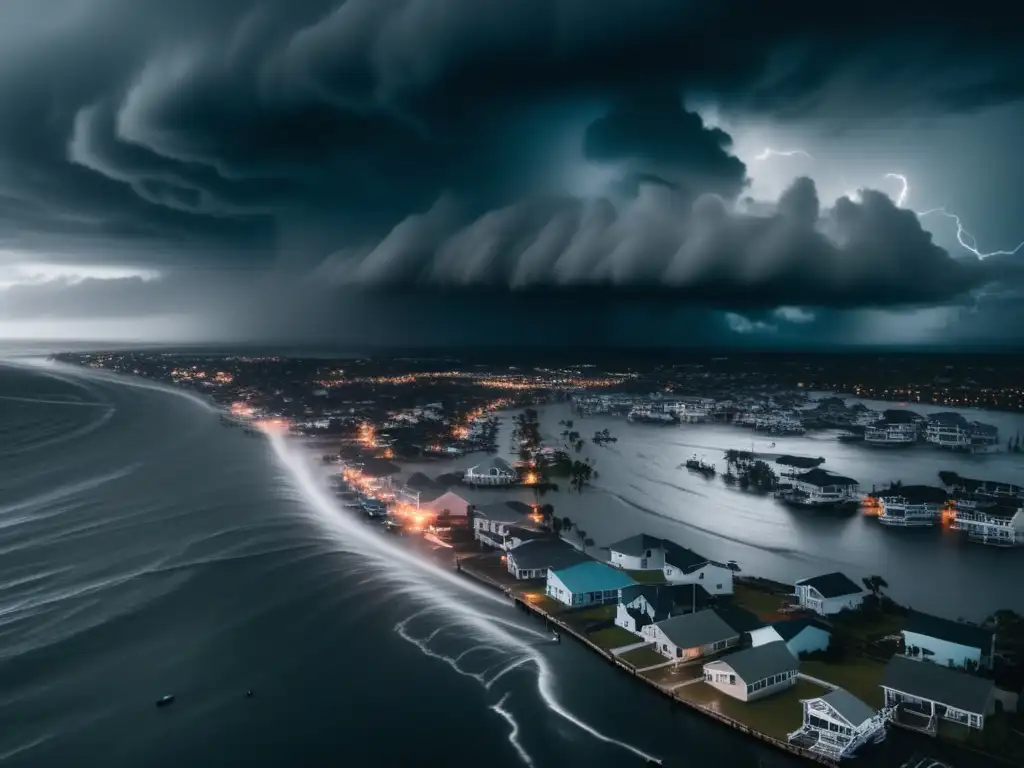
-
Does homeowners' insurance cover hurricane damage?
Typically, homeowners' insurance covers damages from wind, rain, fallen trees, and other hazards related to a hurricane. However, flood damage is usually not covered under homeowner's policies, and you might require a separate endorsement or flood insurance policy specifically to cover flood damage.
-
What is windstorm insurance?
Windstorm insurance is a specialized type of insurance coverage that protects you against damage caused by high winds, such as those that occur during a hurricane. This coverage typically pays for damage to your home, personal property, and other structures, such as fences and sheds, caused by wind, rain, and flying debris.
-
What is flood insurance?
Flood insurance covers damage caused by flooding, including storm surge flooding that often occurs during a hurricane. Flood insurance is not included in most standard homeowners' policies and must be purchased separately.
-
Do I need business interruption insurance if my business is located in a hurricane-prone area?
Yes, if you own a business that was affected by a hurricane, Business Interruption Insurance could cover the loss of income you incur due to the unfortunate event. This coverage can help make up for lost time and profits so business owners can get back on their feet.
-
What should I do if my policy doesn't cover flood damage?
If your policy doesn't cover flood damage, consider purchasing additional coverage through an endorsement or by buying a separate flood insurance policy.
Conclusion
In conclusion, it's essential to know what your insurance policy covers and what it doesn't, as well as the steps you should take before and after a hurricane hits. Make sure to document your property, review your insurance policy, and prepare an emergency kit. After a hurricane hits, document any damage to your property, contact your insurance company, and take preventive measures if possible. It's important to have adequate insurance coverage to protect yourself from financial losses due to a hurricane. Hurricaneinsider.org provides valuable resources for those living in hurricane-prone areas and the general public to help prepare and respond to hurricanes.
Share your thoughts with us in the comments section below and subscribe to hurricaneinsider.org for regular updates and information about hurricanes and other natural disasters.
Additional Resources
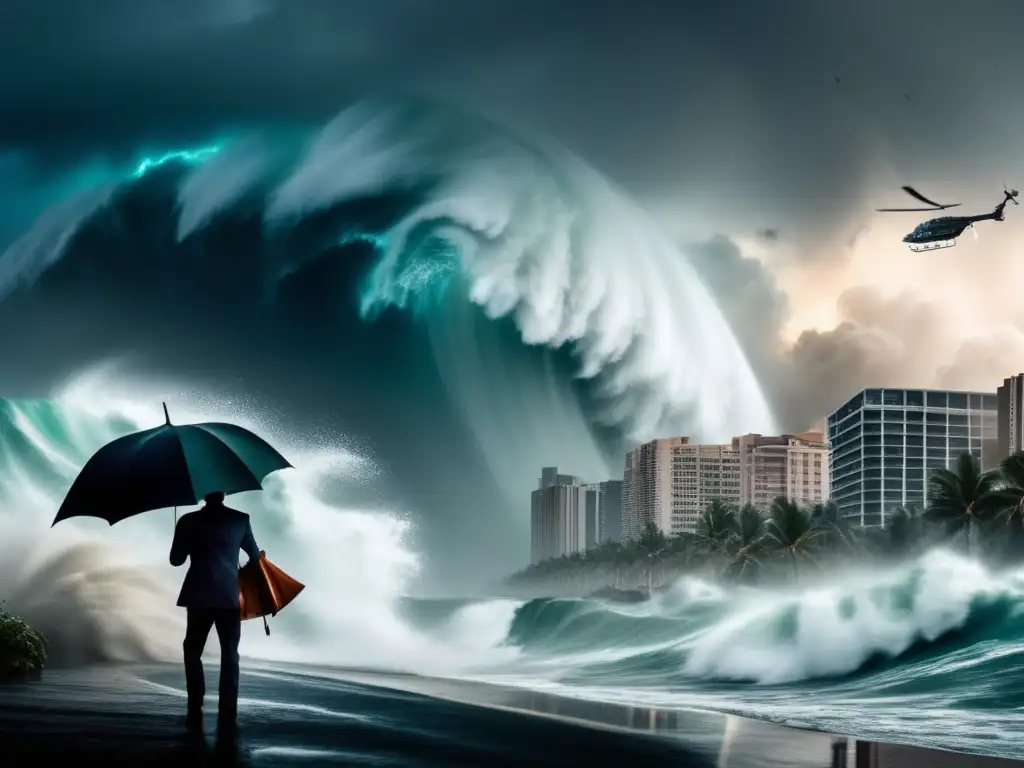
- National Flood Insurance Program
- Hurricane and Home Insurance Guide
- Ready.gov Hurricane Preparedness
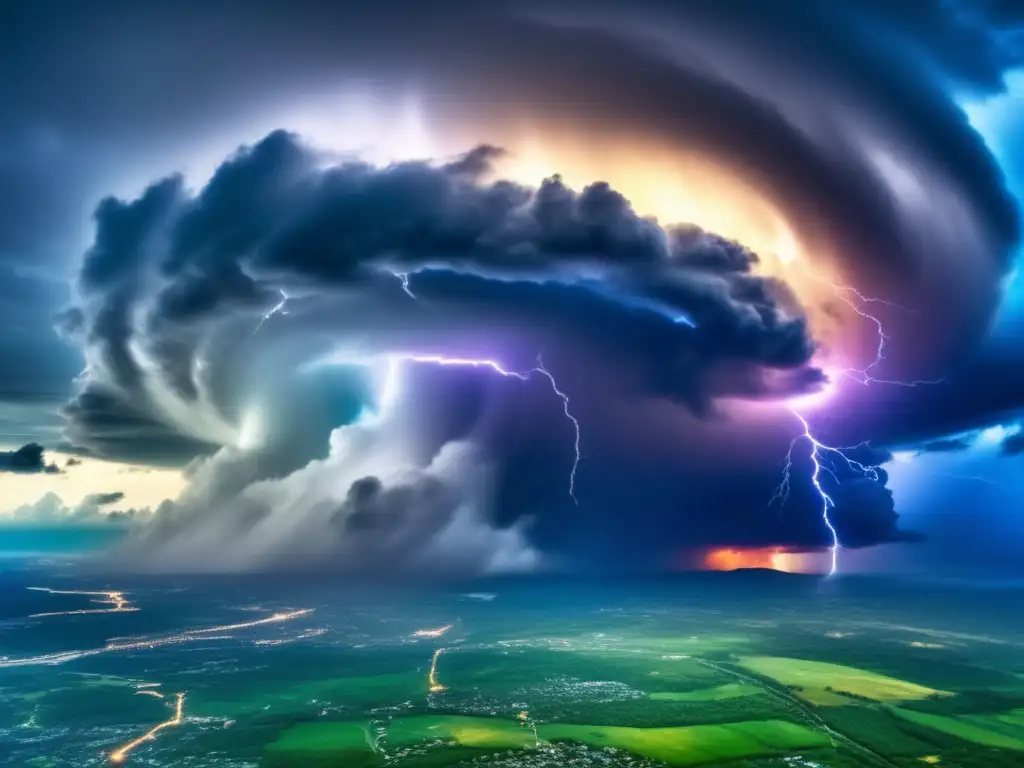 How We Measure The Rainfall In Hurricanes
How We Measure The Rainfall In Hurricanes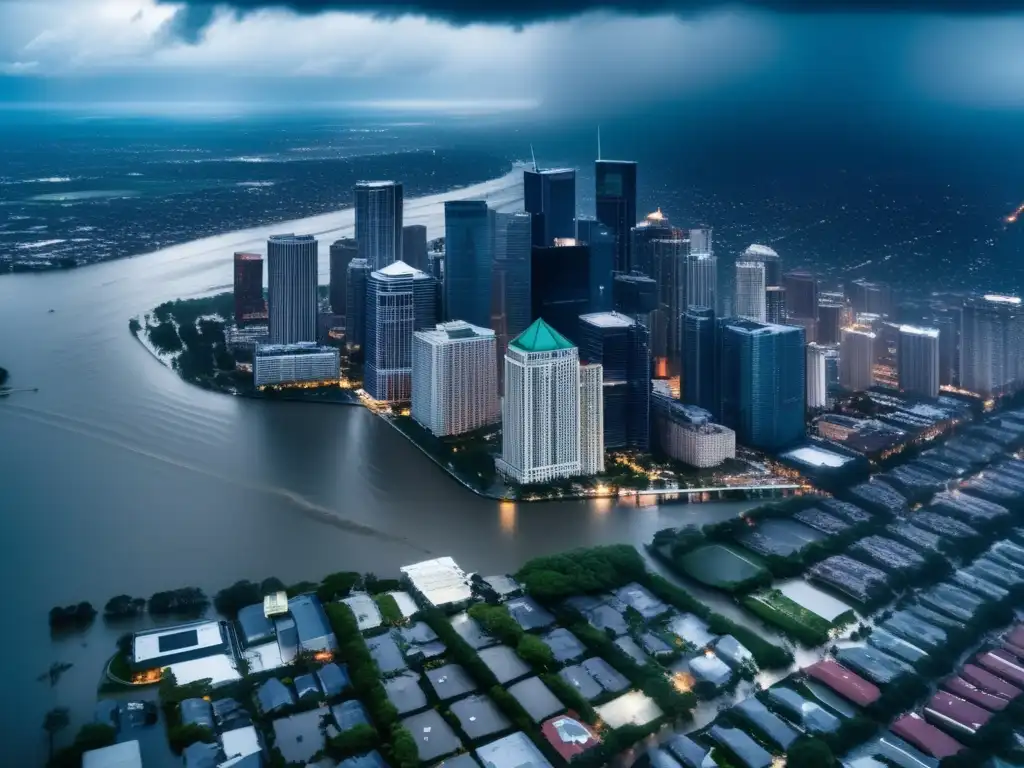 The Mystery Of Hurricane-Free Zones Explained
The Mystery Of Hurricane-Free Zones Explained Is There A Connection Between Hurricanes And Volcanoes?
Is There A Connection Between Hurricanes And Volcanoes?If you want to discover more articles similar to Insurance And Hurricanes: What You Need To Know, you can visit the Basic knowledge about hurricanes: category.
Leave a Reply

Articulos relacionados: